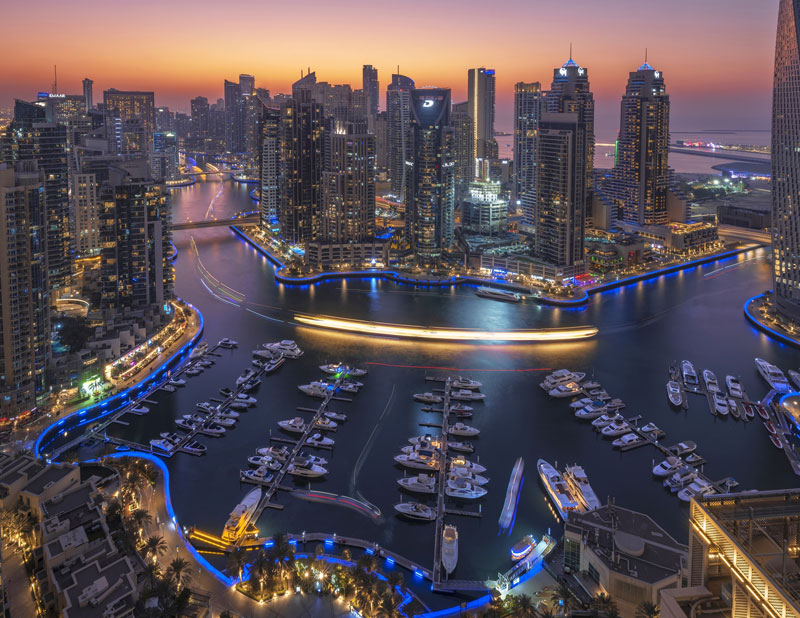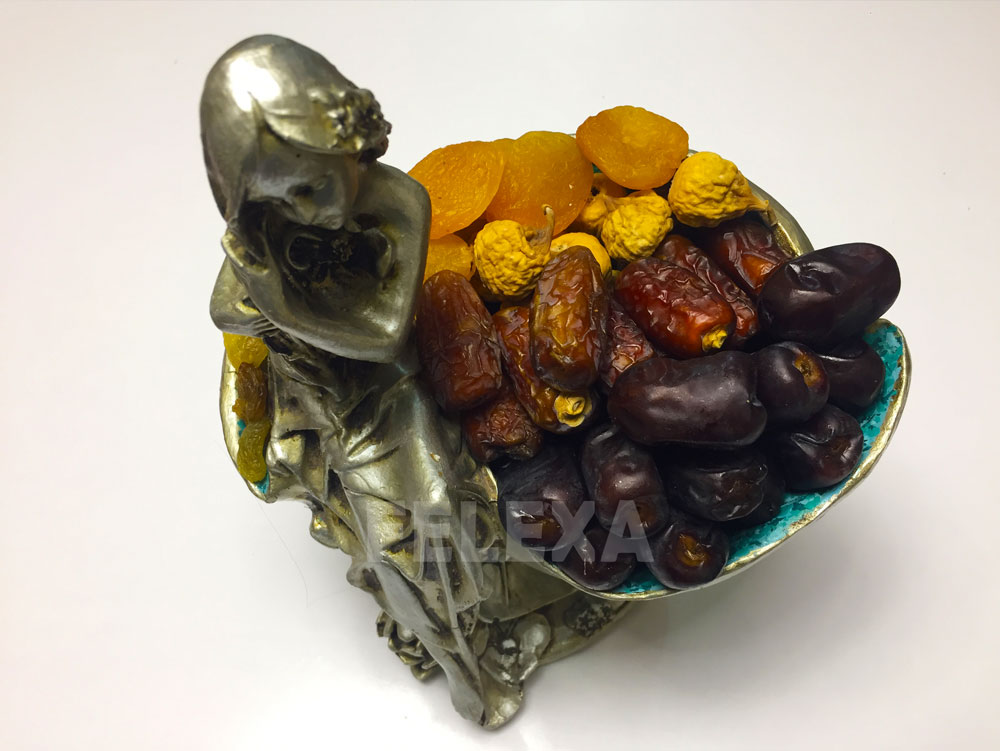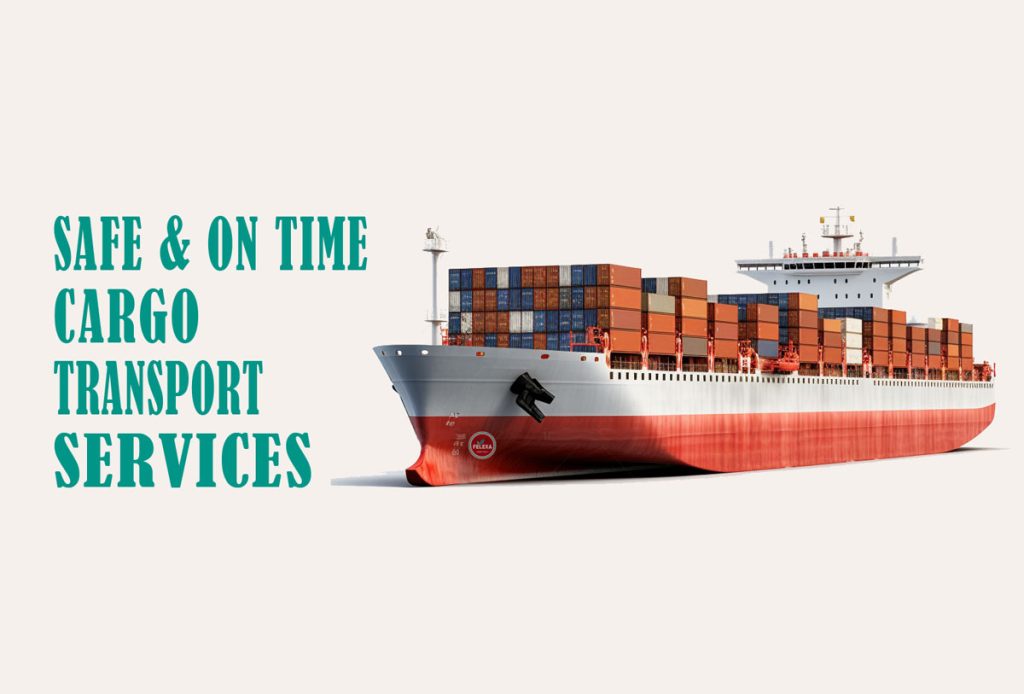In the vibrant landscape of global trade, Dubai stands out as a beacon of opportunity for aspiring entrepreneurs looking to venture into import-export businesses. With its strategic location, business-friendly environment, and robust infrastructure, Dubai offers an ideal platform for entrepreneurs to launch successful ventures. However, there are several misconceptions that often deter individuals from pursuing this lucrative opportunity. In this article, we’ll debunk these myths and provide a comprehensive guide on starting an import-export company in Dubai, with a focus on introducing key products from Iran.
Myth: Starting an Import-Export Business in Dubai is Complicated
Contrary to popular belief, setting up an import-export business in Dubai is relatively straightforward. The city boasts a well-established regulatory framework and a streamlined process for company formation. By partnering with reputable business consultants and leveraging online resources provided by government entities such as the Dubai Department of Economic Development (DED), entrepreneurs can navigate the registration process with ease.
Myth: Securing Import-Export Licenses is Difficult
Obtaining the necessary licenses to engage in import-export activities is a crucial step for any business in Dubai. While the process may seem daunting, especially for newcomers, there are numerous service providers and consultancy firms specializing in license acquisition. These professionals can guide entrepreneurs through the application process and ensure compliance with regulatory requirements, thus simplifying the journey to licensing approval.
Myth: Dubai’s Import-Export Market is Saturated
While Dubai is undoubtedly a competitive market, its diverse economy and robust trade infrastructure offer ample opportunities for newcomers. By identifying niche markets and leveraging innovative marketing strategies, entrepreneurs can carve out their own space in the import-export sector. Additionally, Dubai’s status as a global trading hub provides access to a vast network of buyers and suppliers, further enhancing business prospects.
Myth: Importing Products from Iran to Dubai is Risky
Despite geopolitical tensions, trade between Iran and Dubai remains significant, fueled by strong historical ties and mutual economic interests. Iran is renowned for its rich array of agricultural products, with Persian dried fruits being among the most sought-after commodities in Dubai. By establishing reliable supply chains and adhering to international trade regulations, entrepreneurs can capitalize on the demand for Iranian products while mitigating potential risks.
Myth: Cultural and Language Barriers Pose Insurmountable Challenges
While cultural and linguistic differences may present initial hurdles, they can be overcome through effective communication and cultural sensitivity. Dubai’s cosmopolitan environment fosters multicultural interactions, making it easier for businesses to navigate diverse cultural landscapes. Moreover, leveraging technology and hiring bilingual staff can facilitate seamless communication with Iranian counterparts, fostering stronger business relationships.
In the dynamic landscape of global trade, Dubai stands out as a thriving hub for business opportunities, offering a strategic gateway to the Middle East, Africa, and beyond. For businesses looking to expand their reach and establish a presence in this vibrant market, a comprehensive understanding of Dubai’s business environment is essential. Moreover, for exporters like Felexa, a leading Persian dried fruit exporter from Iran, tapping into Dubai’s diverse marketplace can unlock a wealth of possibilities.
Why Dubai?
Dubai’s strategic location at the crossroads of East and West, coupled with its world-class infrastructure and business-friendly policies, make it an attractive destination for international trade and investment. Here’s why:
- Strategic Location: Situated at the heart of the Middle East, Dubai offers easy access to major markets in Asia, Africa, and Europe, making it an ideal location for businesses looking to expand their global footprint.
- Business-Friendly Environment: Dubai’s government has implemented numerous initiatives to foster entrepreneurship and foreign investment, including tax incentives, free trade zones, and simplified business regulations.
- Infrastructure: Dubai boasts state-of-the-art infrastructure, including world-class airports, seaports, and telecommunications networks, facilitating seamless trade and logistics operations.
- Diverse Marketplace: With a diverse population comprising expatriates from over 200 nationalities, Dubai offers a multicultural marketplace with varied consumer preferences and demands.
The Most Importing Products from Iran to Dubai
- Saffron: Known for its distinct flavor and aroma, Iranian saffron is highly sought after in Dubai’s culinary industry. Its versatility in various dishes makes it a popular choice among chefs and home cooks alike.
- Pistachios: Iranian pistachios are renowned for their superior quality and taste. Whether consumed as a snack or used in confectionery and dessert recipes, pistachios from Iran are a staple in Dubai’s gourmet food market.
- Persian Carpets: Exquisite Persian carpets are revered worldwide for their intricate designs and craftsmanship. Target Dubai’s affluent clientele by offering a diverse range of Persian carpets, from traditional motifs to contemporary styles.
- Dates: With a long history of date cultivation, Iran produces a wide variety of premium dates that are exported to markets worldwide. Dubai’s love for dates makes it a lucrative market for Iranian date exporters.
- Rose Water: Iranian rose water is prized for its aromatic essence and culinary versatility. Position Iranian rose water as a staple ingredient in Dubai’s upscale restaurants, bakeries, and beauty spas.
- Persian Dried Fruits: Iran produces an array of dried fruits, including apricots, figs, and raisins, which are exported to Dubai for both retail and wholesale purposes. The high quality and natural sweetness of Iranian dried fruits make them a preferred choice among health-conscious consumers.
FAQ about importing product from Iran for businesses in Dubai
What are the advantages of importing products from Iran for businesses in Dubai?
– Importing products from Iran offers several advantages, including access to high-quality goods at competitive prices, leveraging Iran’s expertise in various industries, and tapping into the cultural and trade ties between Iran and Dubai. Additionally, Iranian products, such as dried fruits, enjoy a strong reputation for quality and authenticity in the Dubai market.
How can I find reliable suppliers in Iran for importing products to Dubai?
– You can research online directories, attend trade fairs, or enlist the help of local agents or consultants who have expertise in the Iranian market to find reputable suppliers.
What types of Iranian dried fruits are popular in the Dubai market?
– Persian dried fruits, including dates, figs, apricots, raisins, and pistachios, are highly sought after in the Dubai market for their rich flavors, nutritional value, and versatility in culinary applications. These premium quality dried fruits cater to the diverse preferences of consumers and businesses in Dubai.
What are the key factors to consider when selecting products to import from Iran to Dubai?
– Factors to consider include demand and market trends in Dubai, product quality and pricing, transportation and logistics feasibility, as well as any regulatory or legal considerations.
Are there any cultural nuances to be aware of when conducting business with Iranian partners?
– Understanding Iranian cultural norms, customs, and business etiquette can help foster positive relationships and facilitate smoother business transactions between Dubai-based entrepreneurs and their Iranian counterparts.
In conclusion, Dubai presents a wealth of opportunities for businesses seeking to expand their operations and tap into new markets. By understanding the nuances of doing business in Dubai and leveraging the demand for premium-quality products such as Iranian dried fruits, exporters like Felexa can establish a strong foothold in this dynamic marketplace. With its strategic location, business-friendly environment, and diverse consumer base, Dubai remains a beacon of opportunity for entrepreneurs and importers alike.



